Farm examples from Belarus DAK goatfarm, Denmark Stengården, Estonia Mätiku farm, Finland Peltomäki farm, Germany Neuheim farm, Poland Zdziarski farm, Poland Plotta farm, Sweden Stora Elghammar, Sweden Ingelstorp farm.
Despite various measures the eutrophication of the Baltic Sea is not de[1]creasing and the resilience of multiple ecosystems is at stake. In this situ[1]ation business as usual is not an option. New approaches are needed creating a safe operating space within the environmental boundaries. BERAS develops and implements practical examples where innovation and entrepreneurship from a multisectorial engagement flows into re[1]alistic, fully integrated ecological alternatives for the whole food chain – from farmer to consumer. The BERAS concepts have been developed through two transnational projects part-financed by the European Union and Norway (the Baltic Sea Region Pro[1]gramme), BERAS (2003 – 2006) and BERAS Implementation (2010 – 2013). It is the common efforts from the partnership from nine countries around the Bal[1]tic Sea (Sweden, Denmark, Germany, Poland, Belarus, Lithuania, Latvia, Estonia and Finland), Russia and Norway and includes national and local authorities, uni[1]versities and research institutes, advisory services, ecological and environmental NGOs, farmers’ organizations, food chain actors and finance institutions. The concept of Ecological Recycling Agriculture (ERA) is based on many years of research and studies on how organic farms can be organized to be truly sus[1]tainable and environment-friendly and has demonstrated its potential related to reduction of nutrient leakage from the farm, soil carbon sequestration/cli[1]mate effect, biodiversity and increased soil fertility. BERAS has also successfully started the implementation of fully integrated, full scale examples of regional Sustainable Food Societies (SFS) in all countries in the Baltic Sea Region. The consumer engagement concept “Diet for a clean Baltic” offers a sustainable lifestyle with consumption of enough and good food without threatening the environment of the Baltic Sea or the planetary boundaries. The Guidelines for Ecological Recycling Agriculture focus on the work by the farmer. It is the result of a transnational Baltic Sea Region cooperation by farmers, advisors and researchers. With the guidelines, we hope to encourage and help conventional farmers to convert to ERA farming as well as to support organic farmers to optimize their system towards recycling agriculture. We want to thank each of the individual authors of these Guidelines for their dedication to the work and also for the coordinating function performed by Dr. Karin Stein-Bachinger at the Leibniz-Centre for Agricultural Landscape Research in Germany.
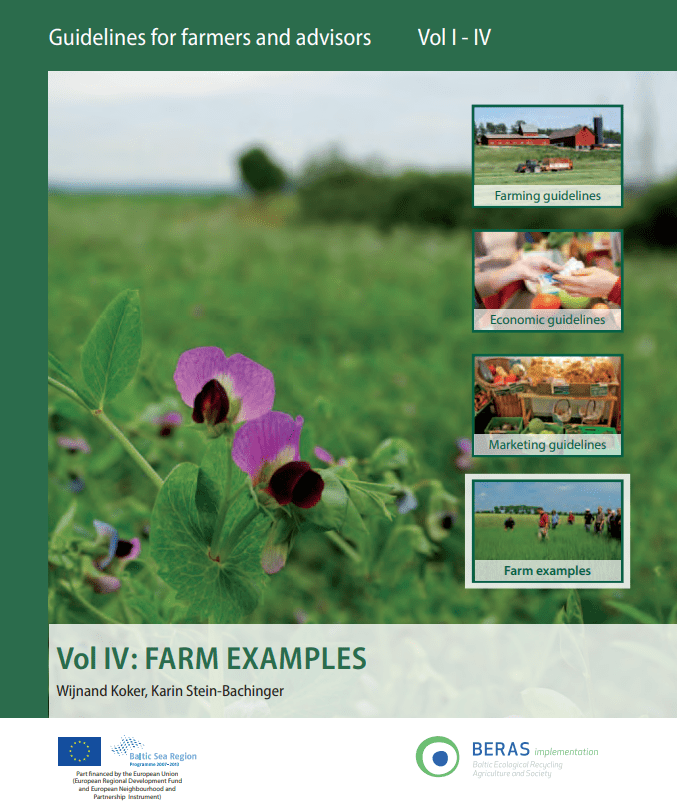

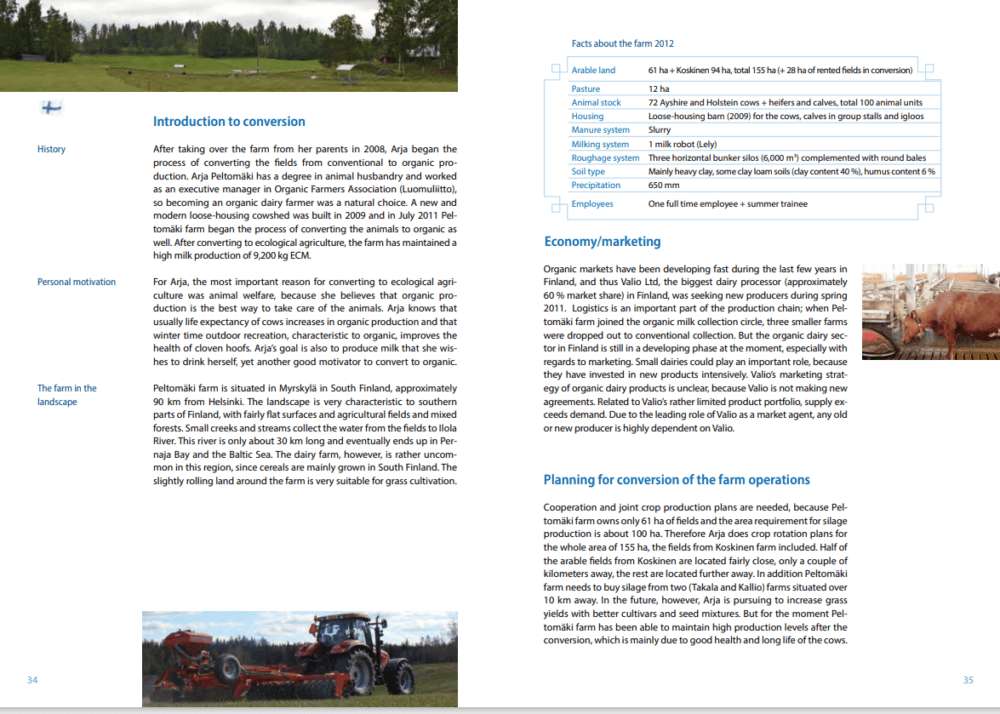
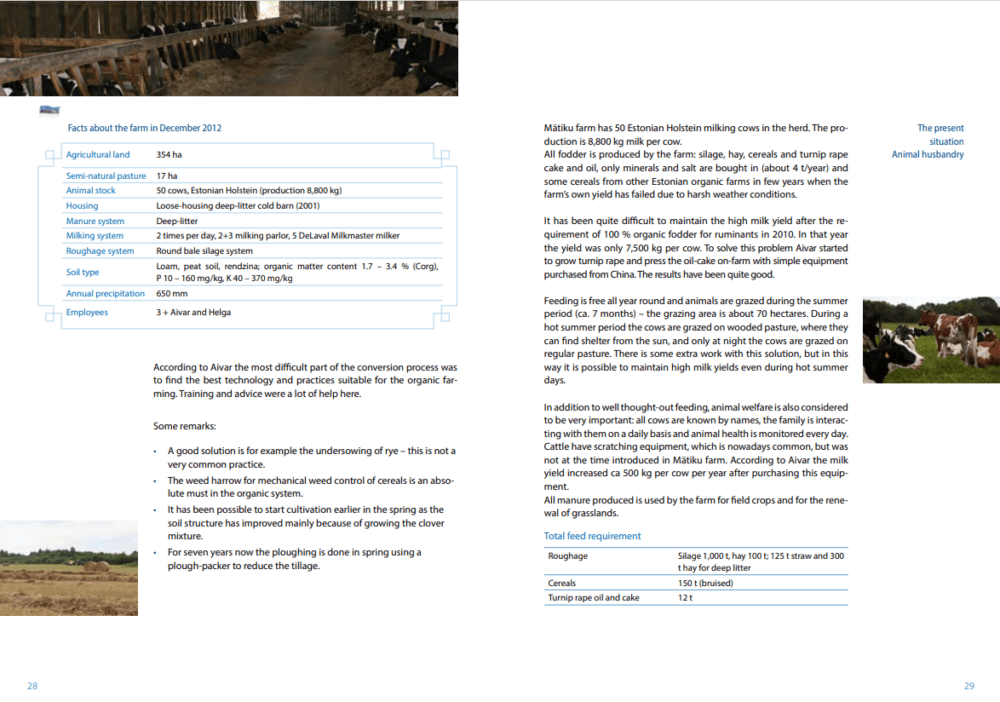
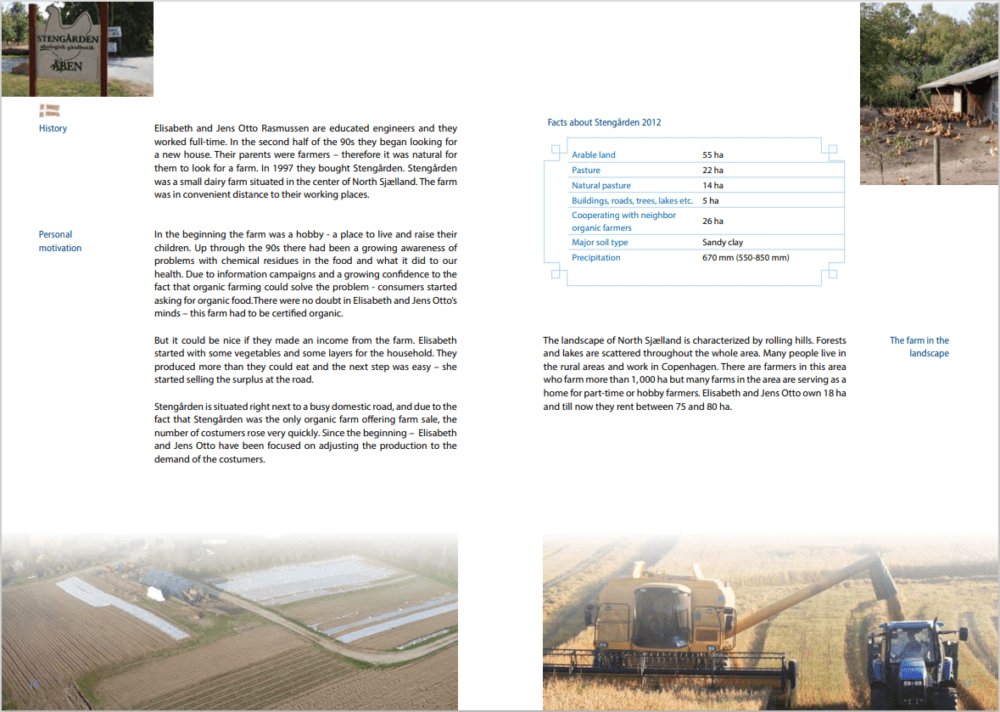
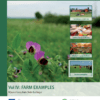
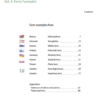
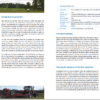
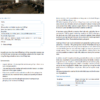
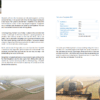
Tu vari būt pirmais, kurš qui officia deserunt mollit anim id est laborum.